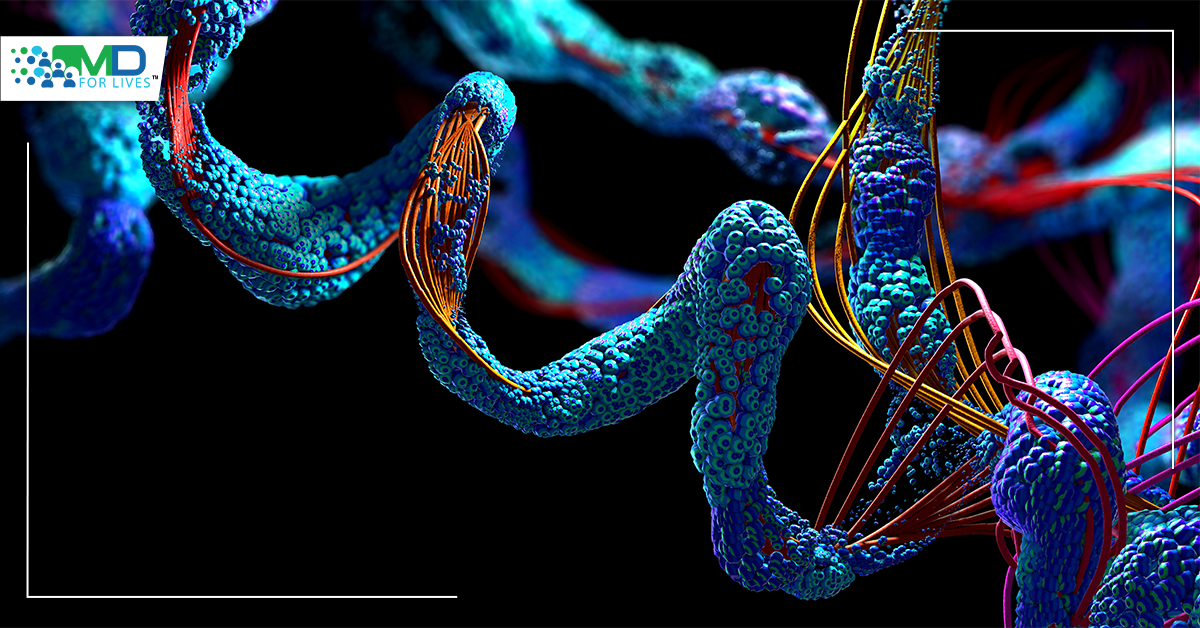With breast cancer being the most common form of cancer in the United States, approximately 252,710 women are expected to be diagnosed with breast cancer this year as per the National Cancer Institute at the National Institutes of Health. Furthermore, the death toll of this malignant condition is expected to rise to about 40,610. Among the patients diagnosed with breast cancer, approximately 72% have tumors that are hormone receptor (HR)-positive and human epidermal growth factor receptor 2 (HER2)-negative (1).
Patients with HR-positive, HER2-negative advanced or metastatic breast cancer have a new ray of hope. Verzenio (abemaciclib) has been approved by the US FDA to treat such cancers that have progressed despite taking endocrine therapy. The approval has been granted to Eli Lilly and Company. The drug will be given in combination with an endocrine therapy called fulvestrant, only after the cancer has progressed despite endocrine therapy. Verzenio can also be given as individual treatment, in patients that have been previously treated with endocrine therapy and chemotherapy post cancer metastasis (1).
Cyclin-dependent kinases 4 and 6, which are involved in cancer cell growth, are the target molecules of Verzenio. Palbociclib and Ribociclib approved in February 2015 and March 2017 also belong to this class (1).
A randomized trial of 669 patients was used to study the safety and efficacy of Verzenio in combination with fulvestrant. The criteria for patient selection included breast cancer patients with HR-positive, HER2-negative tumors. Only patients that showed tumor progression even after endocrine therapy and had not received chemotherapy after tumor metastasis were included. Study results revealed that in patients receiving Verzenio with fulvestrant, the median progression-free survival was 16.4 months, whereas it was 9.3 months in patients on a placebo with fulvestrant.
A single-arm trial of 132 patients with the identical breast cancer but who had undergone both endocrine and chemotherapy after cancer metastasis, was conducted to analyze the safety and efficacy of Verzenio as a stand-alone treatment. A total of 19.7% of the study participants experienced complete or partial shrinkage of the tumors for a median duration of 8.6 months.
Richard Pazdur, MD, director of the FDA’s Oncology Center of Excellence and acting director of the Office of Hematology and Oncology Products in the FDA’s Center for Drug Evaluation and Research said that “Verzenio provides a new targeted treatment option for certain patients with breast cancer who are not responding to treatment, and unlike other drugs in the class, it can be given as a stand-alone treatment to patients who were previously treated with endocrine therapy and chemotherapy” (1).
Common side effects of Verzenio include the following:
- Diarrhea
- Nausea
- Vomiting
- Headache
- Abdominal pain
- Infections
- Low levels of certain white blood cells (neutropenia and leukopenia)
- Low levels of red blood cells (anemia)
- Decreased appetite
- Fatigue
Serious side effects of Verzenio include the following:
- Elevated liver blood enzymes
- Blood clots (deep venous thrombosis/pulmonary embolism).
This drug is not to be prescribed to pregnant women as it may harm the developing fetus.
Reference:
FDA approves a new treatment for certain advanced or metastatic breast cancers. U.S. Food & Drug Administration. September 28, 2017. https://www.fda.gov/NewsEvents/Newsroom/PressAnnouncements/ucm578071.htm







